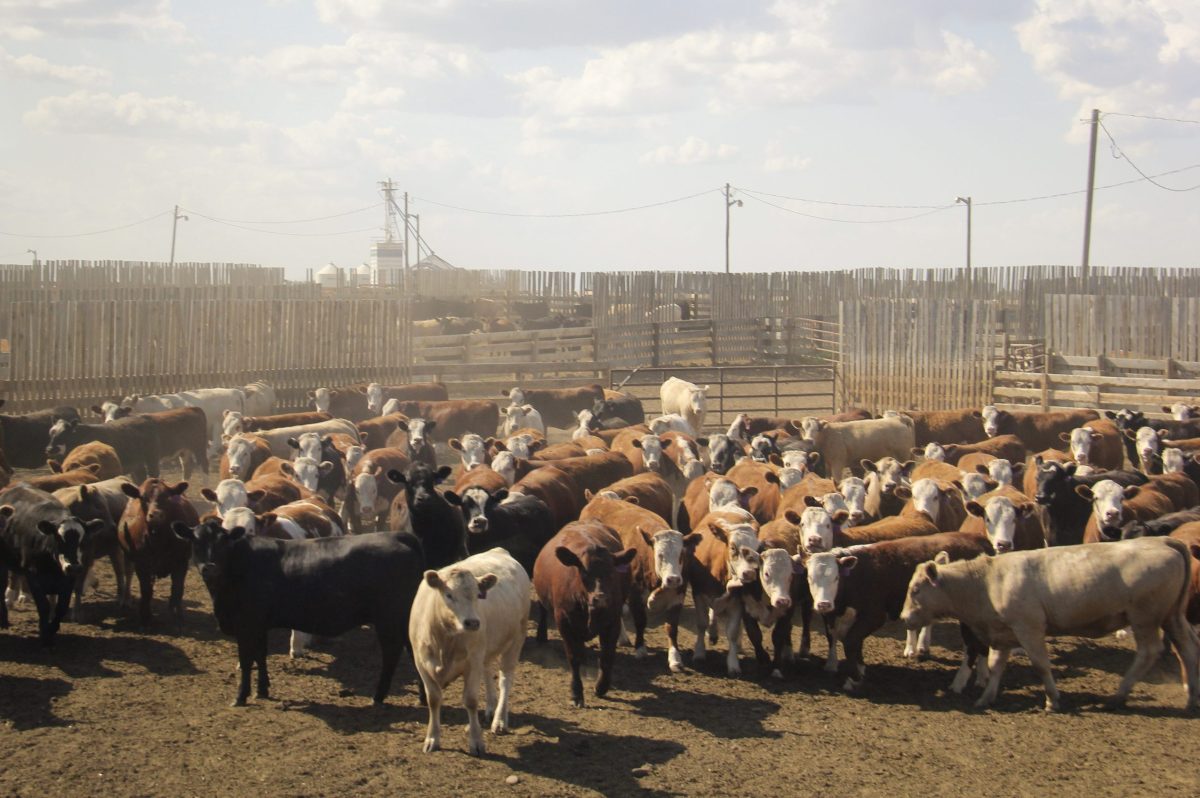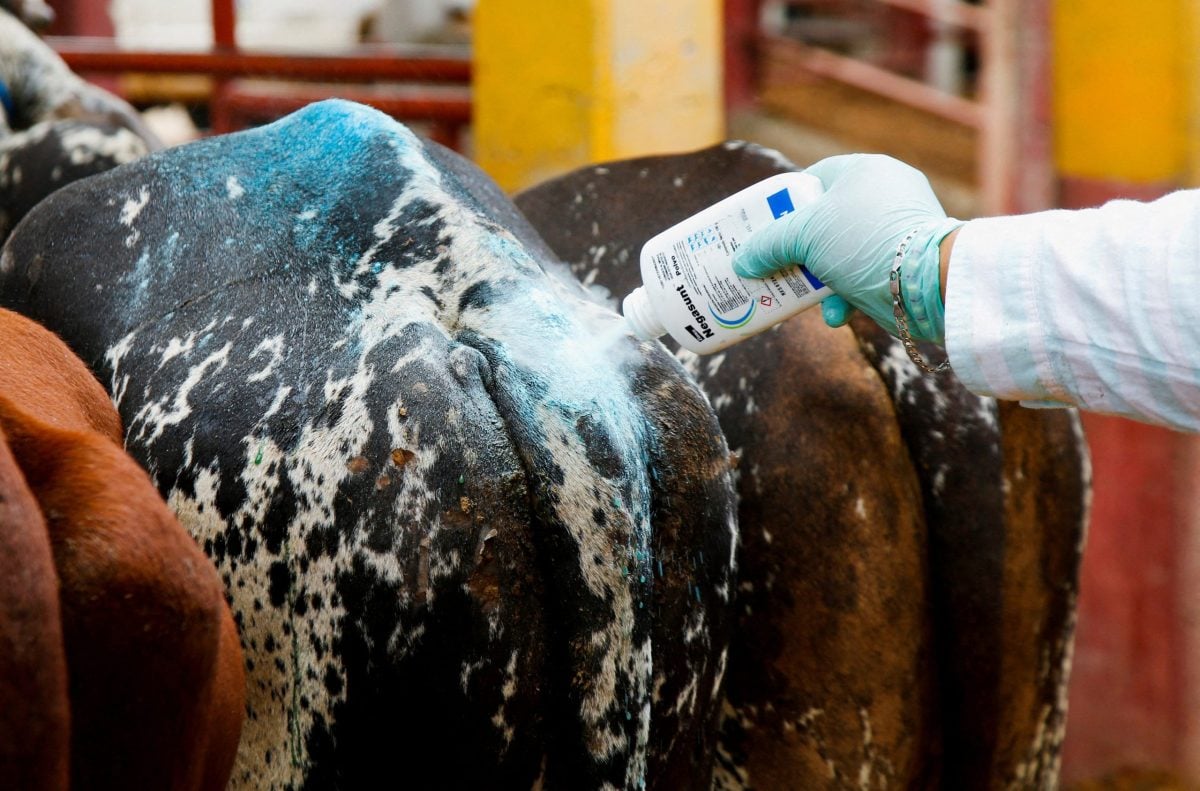Mexico City | Reuters — Mexican Agriculture Minister Julio Berdegue said on Wednesday that Mexico and the United States have not yet set a date to resume Mexican cattle exports amid an outbreak of the flesh-eating screwworm parasite.
Berdegue said he spoke to U.S. Agriculture Secretary Brooke Rollins in a video conference and that they had made advances but still did not have a date for reopening the U.S. border to Mexican cattle.
Read Also

U.S. livestock: Cattle futures gain, hogs fall back
Chicago cattle futures made gains on Wednesday while hogs fell back. Most-active April live cattle closed at 238.725 cents a…
Why it matters: The U.S. ban on Mexican cattle imports has contricted an already tight cattle supply, contributing to record high prices.
“We have made considerable progress, and I am very optimistic,” he said in President Claudia Sheinbaum’s dailymorning press conference.
They agreed to test modular mobile plants in Mexico that could increase sterile fly production by up to 20 million additional flies each week if successful, Berdegue said, adding that this was the first case of the plants being used.
The U.S. government has kept its border mostly closed to Mexican cattle imports since May as the screwworm, which infests and can kill livestock if untreated, has moved from Central American into Mexico, rattling the livestock sectors of both countries.
Mexico is also working to open a sterile fly plant in southern Chiapas state in 2026, with the help of a $21 million investment by the U.S. It is expected to eventually produce 100 million flies weekly.
The technique involves breeding millions of flies, sterilizing them with radiation, and releasing them into the wild. When sterile males mate with wild females, no offspring are produced, and the population collapses over time.
“We will only be able to get it out of the country once we have the additional 100 million flies,” Berdegue said.
Sheinbaum had said last week that Berdegue would travel to the U.S. to meet with his counterparts in person with the aim of reaching an agreement on the reopening of the border.
The Mexican president announced on Monday that she and President Donald Trump agreed to extend a looming trade deadline for “a few more weeks” to discuss pending issues with Washington.
— Reporting by Cassandra Garrison and Natalia Siniawski















